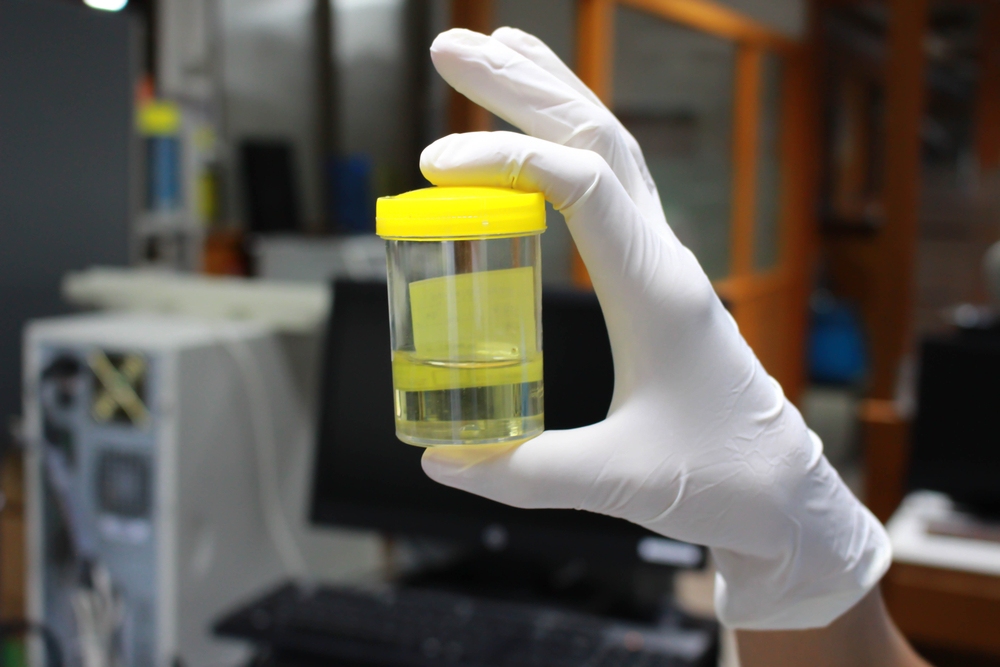Blood Levels of Inflammatory Molecules Could Be Biomarkers for ALS, New Study Shows

Levels of pro-inflammatory molecules are increased in the blood of patients with amyotrophic lateral sclerosis (ALS), a new study shows. This suggests that such molecules could be used as diagnostic biomarkers for ALS patients.
The study, “Increased peripheral blood inflammatory cytokine levels in amyotrophic lateral sclerosis: a meta-analysis study,” appeared in the journal Scientific Reports.
The research was led by Yong Cheng, PhD, from the Center on Translational Neuroscience, College of Life and Environmental Sciences, Minzu University of China, in Beijing, China.
ALS, also known as Lou Gehrig’s disease, is a fatal neurodegenerative disease characterized by progressive degeneration of motor neurons (which connect the spinal cord with muscles, enabling muscle contraction) in the brain and spinal cord. Only 5-10 percent of ALS cases are explained by a genetic mutation, while 90-95 percent of cases are sporadic, with no known cause. Given the rapid disease progression and the lack of effective therapies, substantial research is focused on the causes of ALS.
A growing number of studies indicate that inflammation in the central nervous system is a key factor in ALS. Furthermore, increased levels of immune cells (that trigger inflammatory responses) have been found in the central nervous system of ALS patients.
Results of clinical studies indicated that peripheral inflammation (outside of the central nervous system) is involved in ALS, where markers of inflammation such as T-cells, cytokines (molecules produced and released by cells of the immune system that propagate inflammation), and chemokines (a subtype of cytokines) were found.
This generated accumulating research focusing on peripheral cytokines in ALS, but the existing information is contradictory. While some studies showed increased blood levels of pro-inflammatory cytokines and chemokines, such as tumor necrosis factor-α (TNF-α) and interleukin-6 (IL-6), others revealed unchanged levels compared to controls.
In order to address these inconsistent results, the scientists conducted a systematic review of published research, comparing levels of inflammatory cytokines between ALS patients and controls. The clinical data information was then combined and analyzed.
The research gathered information from online search engines PubMed and Web of Science and identified 25 studies, including 812 ALS patients and 639 controls.
The results demonstrated that levels of pro-inflammatory TNF-α, TNF receptor 1 (TNFR1), IL-6, IL-1β, IL-8, and vascular endothelial growth factor (VEGF — a protein that stimulates the growth of new blood vessels) in the blood were significantly elevated in patients with ALS, compared with controls.
In contrast, other cytokines and proteins were not elevated, including the chemokine monocyte chemotactic protein-1 (MCP1), which contradicts previous reports.
The authors observed that age was associated with the results of TNF-α in the analyzed studies. Also, “a single study could influence the statistically significant differences in blood IL-1β, IL-6 and VEGF levels between ALS patients and control subjects,” they wrote. That points to the need for caution regarding the robustness of these specific findings, and warrants future studies.
The scientists noted that previous data demonstrated that blood levels of TNF-α, IL-6 and IL-1β were elevated in patients with Alzheimer’s disease and Parkinson’s disease, while TNFR1 was augmented in Parkinson’s disease, suggesting a common mechanism in different neurodegenerative disorders.
Overall, the findings “strengthen the clinical evidence of an increased inflammatory response in patients with ALS.” The study highlights the possibility that peripheral levels of cytokines could be biomarkers for ALS, which would offer an attractive approach for researchers seeking to bridge the gap between diagnosis and onset of symptoms.






